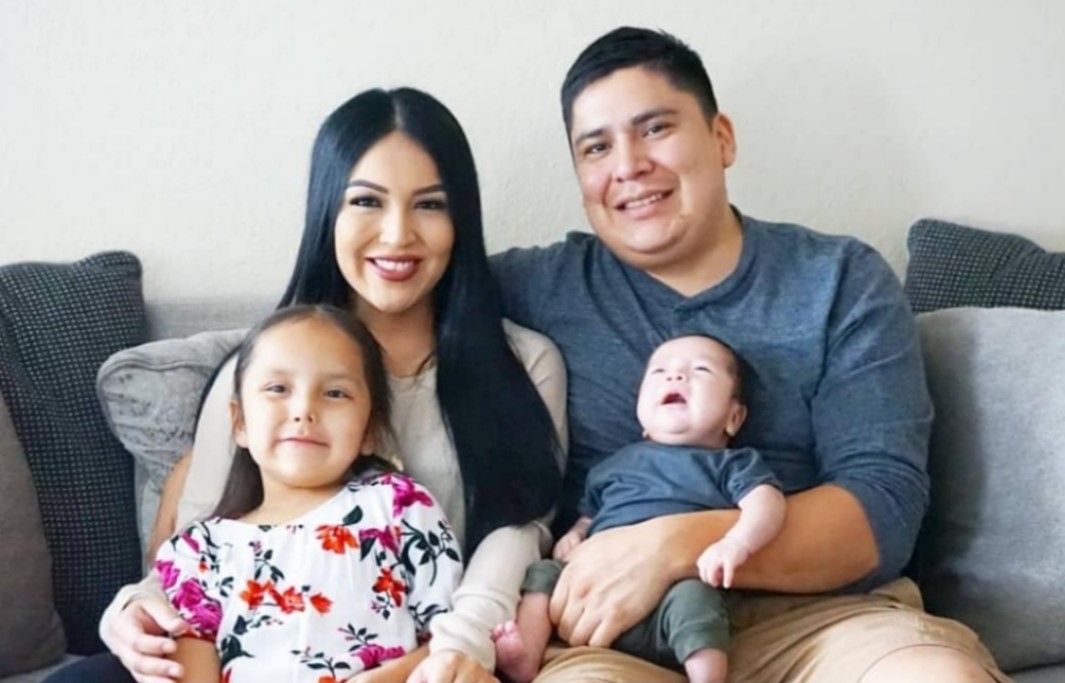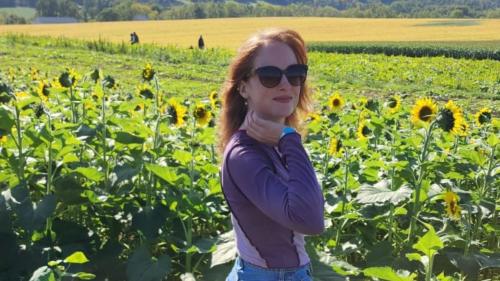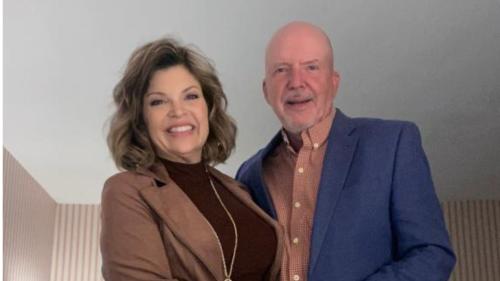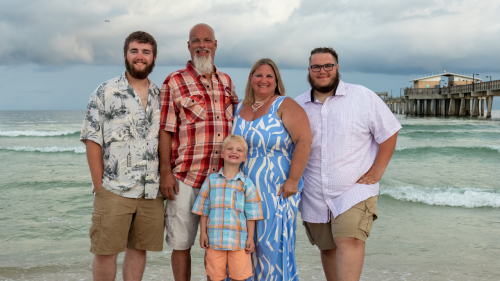
-
Understanding primary immunodeficiency (PI)

Understanding PI
The more you understand about primary immunodeficiency (PI), the better you can live with the disease or support others in your life with PI. Learn more about PI, including the various diagnoses and treatment options.
-
Living with PI
-
Addressing mental health
-
Explaining your diagnosis
- General care
- Get support
- For parents and guardians
-
Managing workplace issues
- Navigating insurance
-
Traveling safely

Living with PI
Living with primary immunodeficiency (PI) can be challenging, but you’re not alone—many people with PI lead full and active lives. With the right support and resources, you can, too.
-
Addressing mental health
-
Get involved

Get involved
Be a hero for those with PI. Change lives by promoting primary immunodeficiency (PI) awareness and taking action in your community through advocacy, donating, volunteering, or fundraising.
-
Advancing research and clinical care
-
Grants
-
IDF surveys
-
Participating in clinical trials
-
Diagnosing PI
-
Consulting immunologist
-
Clinician education

Advancing research and clinical care
Whether you’re a clinician, researcher, or an individual with primary immunodeficiency (PI), IDF has resources to help you advance the field. Get details on surveys, grants, and clinical trials.
-
Grants

Erica Billy and her husband Terrance George watched with worried hearts as their newborn daughter Ava battled constant infections. As the months passed, trips to the pediatrician and rounds of antibiotics became a regular occurrence. Still, Ava’s health deteriorated.
Ava became so ill that when she was five months old Erica and Terrance took their feverish and lethargic daughter to an emergency room in Phoenix, Arizona, where doctors immediately hospitalized her. Ava had low oxygen levels, a high heart rate, bronchitis, and several viruses. A week later, doctors admitted they still didn’t know why Ava wasn’t responding to treatment.
“She looked like she was shutting down,” said Erica.
Finally, they concluded Ava had leukemia. Erica and Terrance sought a second opinion.
Upon the recommendation of Terrance’s mother, the couple contacted Dr. Diana Hu, the chief clinical consultant in pediatrics for the Navajo Area Indian Health Services. Hu diagnosed Ava with Artemis SCID, a form of SCID more prevalent in the Navajo Nation than in the wider population.
SCID, or severe combined immunodeficiency, is the most life-threatening of all the primary immunodeficiencies. A baby with SCID has no functioning immune system and is vulnerable to all types of infections. Without treatment within the first few months, a baby with SCID may not live past the first year of life.
“We thought we would lose her at that time. I felt like we took the right steps at the right time,” said Erica.
The story of Ava’s harrowing journey through SCID diagnosis and treatment, and her slow but sure recovery, served as the opening portion for IDF’s Virtual SCID Summit held April 1. The Summit brought together parents, physicians, state laboratory and newborn screening professionals, non-profit research representatives, and advocacy groups to share information about topics pertaining to SCID.
As the first speaker at the Summit, Erica described her daughter’s lifesaving hematopoietic stem cell transplant (HSCT) at the University of California, San Francisco Benioff Children’s Hospital, and her struggle with graft versus host disease, a complication in which the donated cells attack the existing cells in the recipient.
After spending seven months in the hospital and three months at an apartment nearby the hospital, Ava was strong enough to return home.
“It felt like we were taking home a newborn again,” said Erica.
While Ava required a second HSTC as a toddler, with her mom donating stem cells for both procedures, today she a thriving 6-year-old with lots of friends in her kindergarten class. She is at the top of her class and recently won the Principal’s Award.
Erica shared her story virtually from a room at UCSF Benioff Children’s Hospital, where she is caring for her second child, Camden, born in with Artemis SCID in December 2019. Camden is being treated with gene therapy.
Please take the time to listen to Erica’s story, an emotional recollection of both the difficult times and the triumphs of being a mom to children with SCID. You may reach the story through this link: https://www.youtube.com/watch?v=bhzPjOHpYmk&=&feature=youtu.be
Related resources

Thirty-year-old with APS type 1 advocates for her community

Susan finds "priceless" support system in the Immune Deficiency Foundation

Mother details harrowing journey to son's diagnosis and relief of finding the PI community
Sign up for updates from IDF
Receive news and helpful resources to your cell phone or inbox. You can change or cancel your subscription at any time.





The Immune Deficiency Foundation improves the diagnosis, treatment, and quality of life for every person affected by primary immunodeficiency.
We foster a community that is connected, engaged, and empowered through advocacy, education, and research.
Combined Charity Campaign | CFC# 66309

